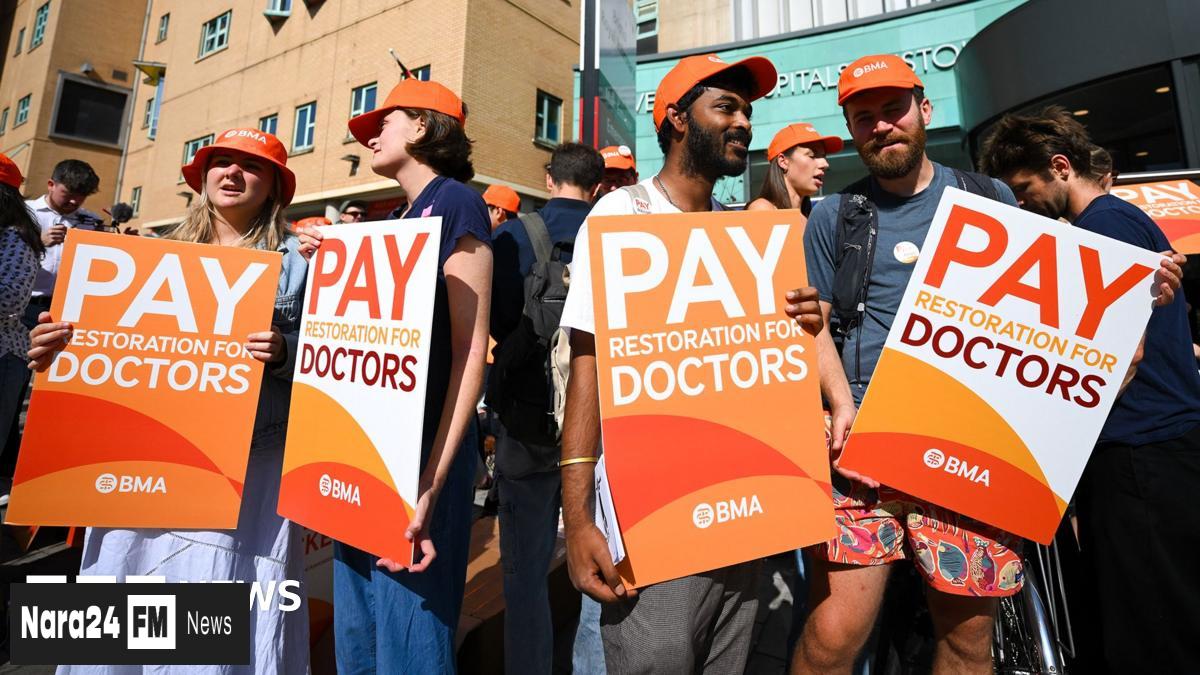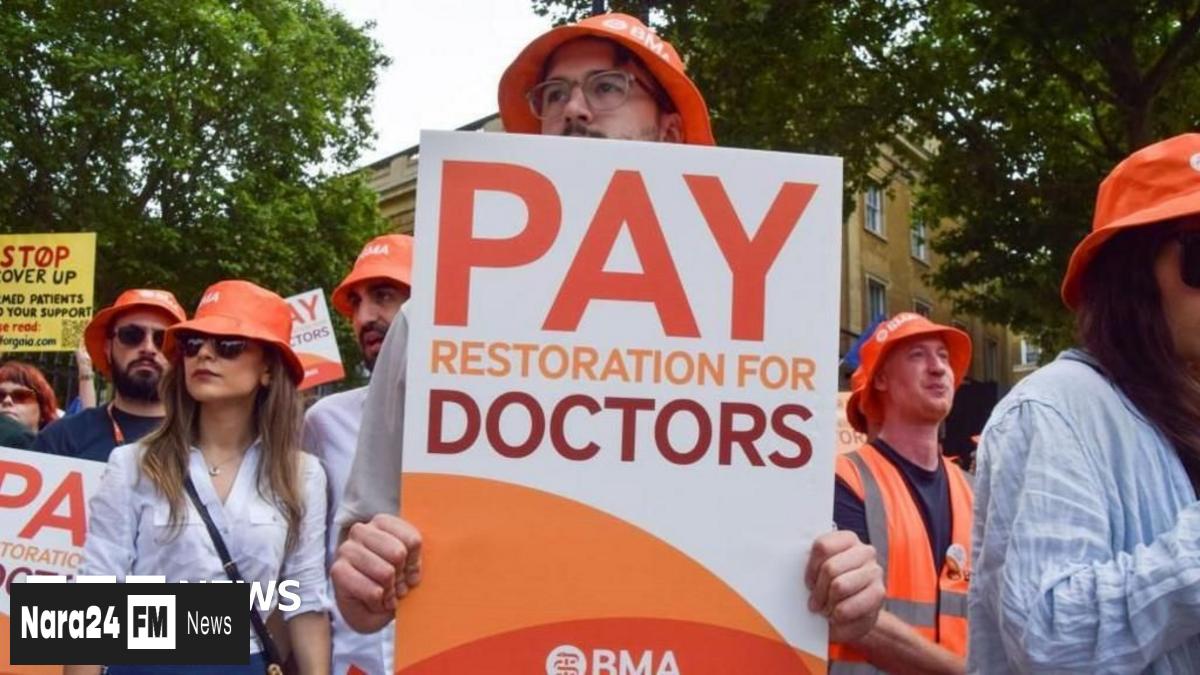In This Article
- BMA's Rejection of Emergency Appeals
- Derogation Requests and Selective Approvals
- Concerns Over Patient Safety
- Impact on Cancer Care
- Resident Doctors' Role in NHS
- Continued Disagreements and Future Outlook
Key Takeaways
- BMA rejected emergency pleas for striking doctors to return to work during the ongoing pay dispute in England.
- Out of 27 requests made by hospitals, 18 appeals for resident doctors to return to work were rejected by the BMA.
- NHS officials criticized the BMA for jeopardizing patient safety by being selective in granting permissions for striking doctors to work in critical situations.
- The rejection of derogation requests related to cancer care raised concerns over delayed decisions and hospitals' unwillingness to pay premium rates to striking doctors for their return.
- The ongoing pay dispute has strained relations between the BMA and NHS England, with the strike set to continue until Wednesday.
The British Medical Association (BMA) is under fire for its decision to block emergency appeals for striking doctors in England to come back to work during the ongoing pay dispute. NHS officials have condemned the BMA's firm stance, which has resulted in the rejection of 18 requests for resident doctors to return to work out of a total of 27 requests made by hospitals.
Although there is a provision called 'derogation' that allows the NHS to request striking resident doctors to work in critical situations, the BMA has been selective in granting such permissions. The current strike, the twelfth in the prolonged pay disagreement, has seen only nine derogation requests approved by the doctors' union.
The BMA defended its position by citing inadequate planning and the strain on staffing levels due to the continuation of non-urgent care during the strike. However, NHS England criticized the BMA for jeopardizing patient safety, accusing a central committee of senior BMA doctors of making decisions without considering the on-ground realities faced by doctors caring for patients.
Of particular concern were the rejections of derogation requests related to cancer care, with NHS England expressing worry over delayed decisions from the BMA, some of which were reportedly pending for hours. Some requests were allegedly turned down because the hospitals were unwilling to pay premium rates to striking doctors for their return.
Resident doctors, previously known as junior doctors, make up half of the NHS doctor workforce, ranging from newly qualified physicians to those with up to a decade of experience. As the pay dispute continues, the Royal College of Nursing is also expected to reject the proposed 3.6% pay increase for its members.
Despite the BMA's insistence on prioritizing patient safety during the strike, disagreements over derogation requests have strained relations between the doctors' union and NHS England. The strike is set to run until Wednesday, causing concerns about patient care and service continuity during this period.








Comments (0)
Leave a Comment
Be the first to comment on this article!